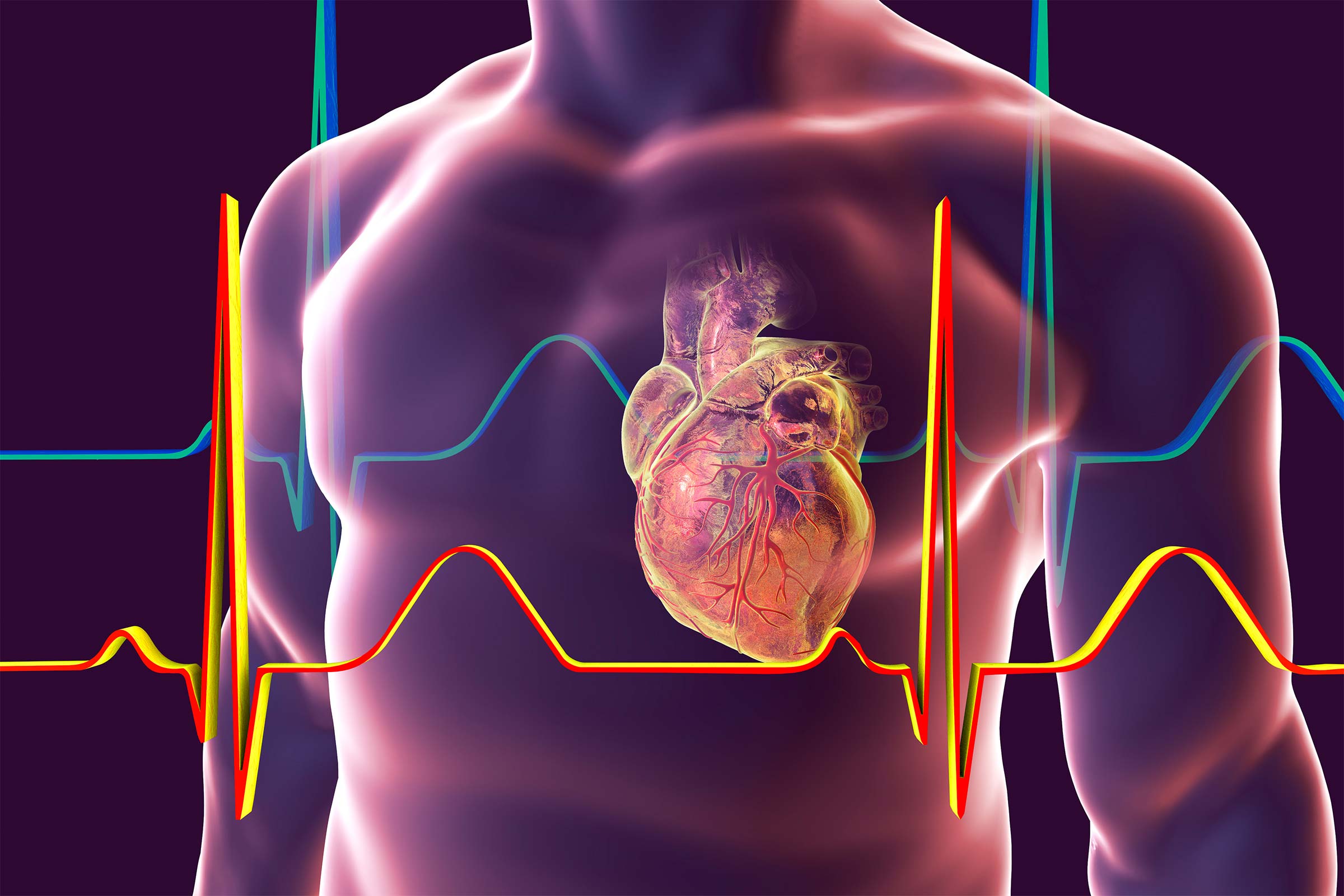There are some big questions in the field of haematology and cardiovascular medicine. Can we detect heart attack symptoms and take preventative measures? What are the physiological signs that might mean an impending cardiac arrest? How do we reduce the risks?
Researchers at Charles Sturt University are grappling with – and making significant progress in answering – these very queries.
What are the early symptoms of a heart attack?
 Dr Abishek Santhakumar is a lecturer in haematology and blood transfusion at Charles Sturt University. And his research focuses on reducing the risks of cardiovascular diseases and exploring early detection of heart attack symptoms. The key to the research, as Dr Santhakumar explained, is platelets.
Dr Abishek Santhakumar is a lecturer in haematology and blood transfusion at Charles Sturt University. And his research focuses on reducing the risks of cardiovascular diseases and exploring early detection of heart attack symptoms. The key to the research, as Dr Santhakumar explained, is platelets.
“Platelets are a blood cell that play an important function in blood clotting in blood vessels. If there is an issue that affects the blood vessels (such as if someone is a smoker, has diabetes or is obese), this increases oxidative stress within the blood vessels. This type of stress is key to the overall pathogenesis – the development of disease – in the cardiovascular system.
“What this means for, say, someone who is obese, is that the blood vessels can become partially blocked with fat deposits and prevent healthy blood flow. In such a situation, the blood platelets get ‘activated’ and start to aggregate in the blood vessel, combining with chemicals called free radicals, further blocking the blood vessel and so, potentially, causing a heart attack. Put simply, if a person has a lot of activated platelets in their blood, they are more prone to have heart disease or a heart attack.”
How do you know if you’re at risk of having a heart attack?
For Dr Santhakumar, understanding platelets and their relationship to other cells in the body can make predicting the likelihood of a heart attack much more accurate.
“To determine the risk of a heart attack it is, therefore, crucial to understand the activation status and condition of the platelets in someone’s blood.
“When the platelets come into contact with the free radicals, they go through two stages of change. First, they change shape, so they look different to normal, inactivated platelets. Second, their cell membranes start to break down and they release the material inside the cells into the blood. We call this ‘de-granulation’.
“To work out the risk levels in a patient, we analyse how many platelets are in each different state. We use an instrument called a flow cytometer, a new technology in pathology testing. We collect blood from the patient, blend the platelets in an antibody cocktail [proteins that target particular types of cell], then place the platelets in the cytometer to see how many platelets are normal, how many have changed shape and how many are de-granulated. The more that are in the latter two stages, the greater the risk of a heart attack.”
Can you prevent a heart attack?
The next step is to find treatments that can limit the activation of blood platelets. Dr Santhakumar outlined the approach his research is taking.
“In order to help prevent heart attacks, we need to stop the platelets in the blood from becoming activated.
“Traditionally, aspirin has been used as a treatment because it blunts the activation of the platelets. However, aspirin can have significant side effects, including increased risk of bleeding, tinnitus and breathing difficulties. So as part of our research, we are trying to find a natural source that can have a similar impact on platelet activation. And we are doing so through food sources.
“We have run a clinical trial giving obese people tablets derived from the antioxidants found in bilberries and blueberries and they had a much reduced oxidative stress – and so reduced platelet activation. We have also done trials with plum juice, and we are currently testing coloured rice for its antioxidant effect. All suggest that antioxidant food reduces oxidative stress and hence platelet activation, and so reduce the risk of heart attack.”
Research with a range of benefits
The potential benefits of this research is far-reaching, as Dr Santhakumar explained.
“Obviously, reducing the risk of heart attack is great for the patient. It also benefits the healthcare system in general as prevention is always better – and cheaper – than cure. It is more cost-effective to predict and prevent a heart attack than to treat one that has occurred.
“Furthermore, this research could also prove beneficial for farmers. If a crop has a particular health benefit, this can add value to the product that the farmer is producing.”
Do you want to shape medical science too?
If you want to drive the future of healthcare and explore lifesaving treatments, our
Bachelor of Health and Medical Science is the place to start. You can even choose to specialise in pathology to find new ways of preventing and diagnosing disease. Contact us to find out more.
Ask your big questions
At Charles Sturt University, we’re all about big ideas; and we’re not afraid to think about some uncomfortable questions. Our academics want to get debate out of the comfort zone to address today’s hottest topics.
Got an issue you’d like our experts to tackle? Is there a big question you feel needs to be asked? Submit your big question on our Twitter or Facebook feeds and use the hashtag #bigquestions


You must be logged in to post a comment.